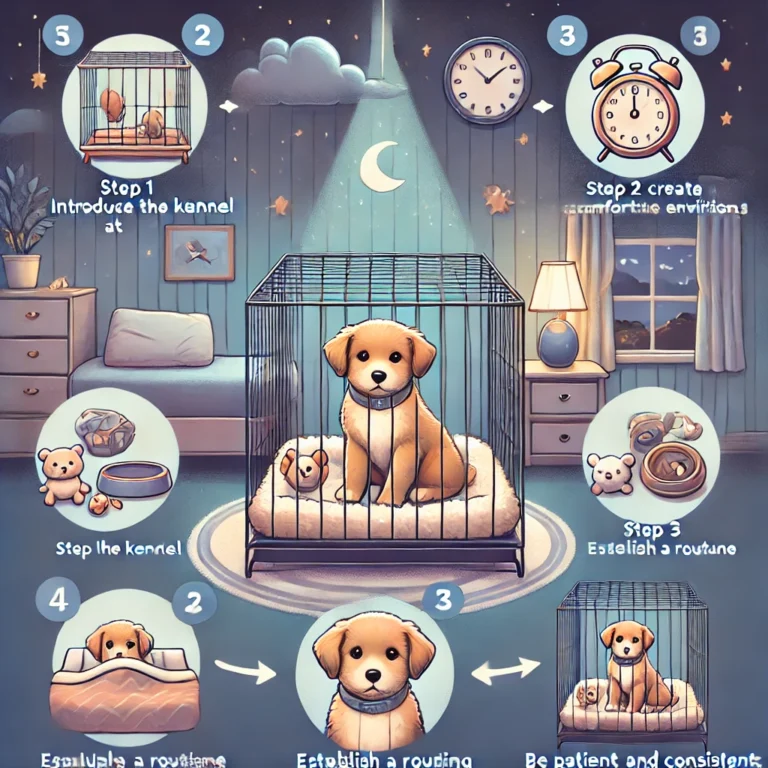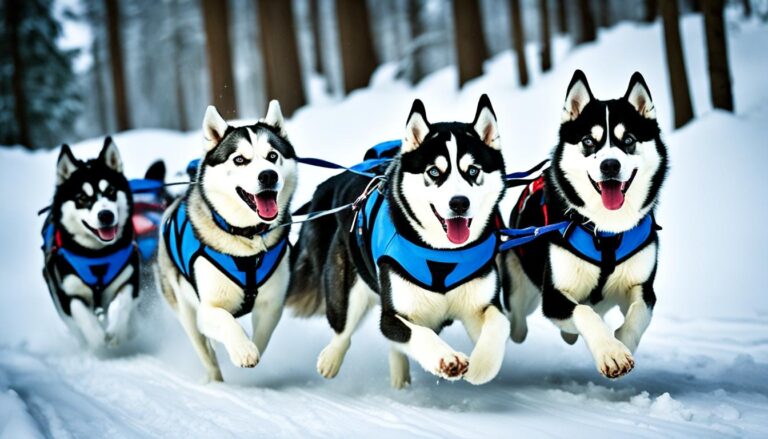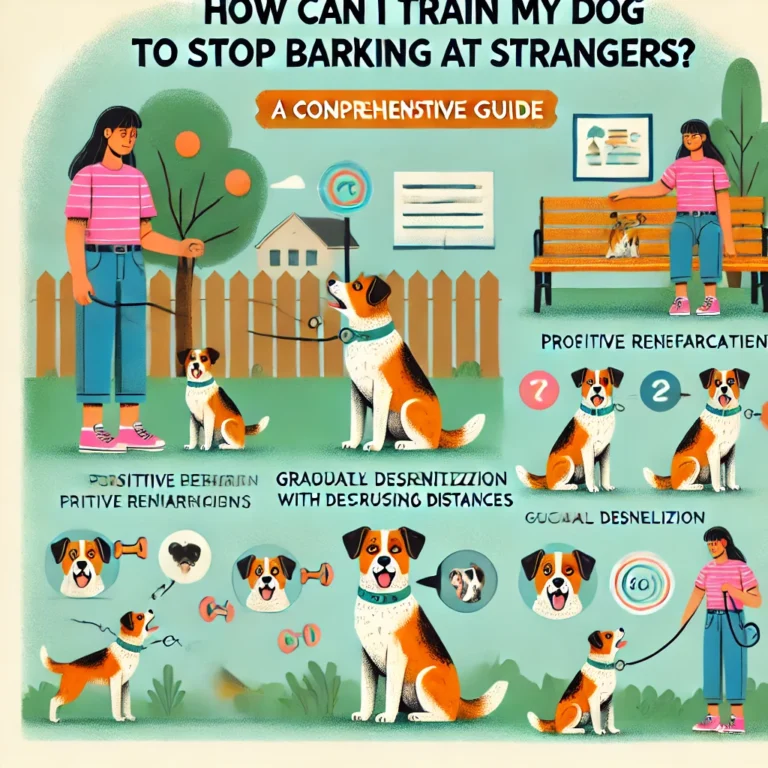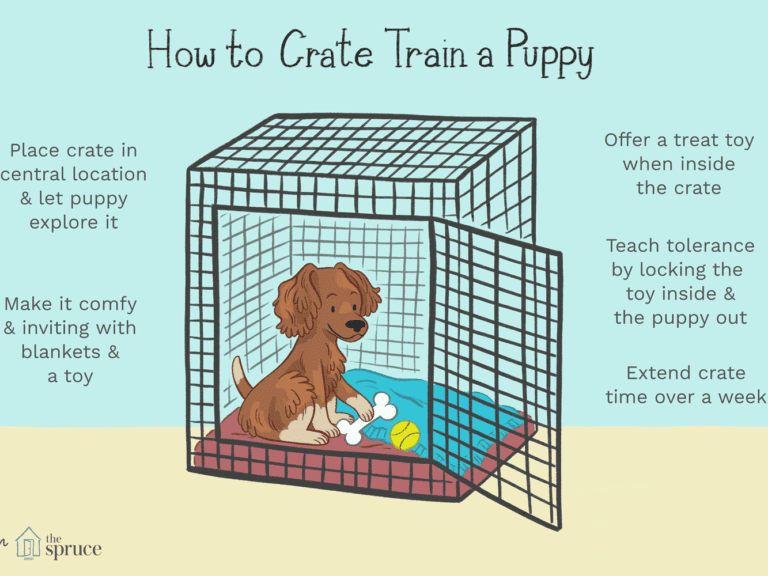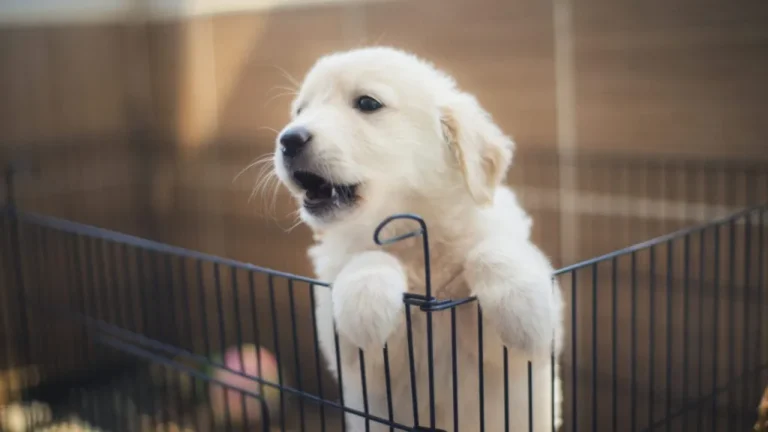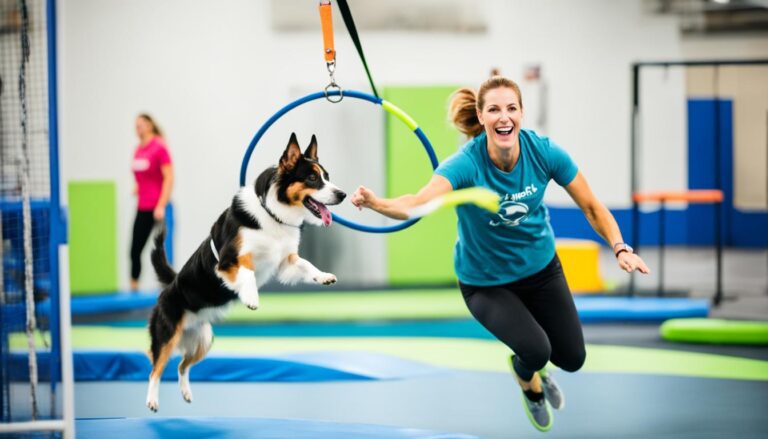Puppy excited pee: The Best Way Addressing excessive urination in enthusiastic canines
Puppies bring joy and laughter into our lives, but they can also bring unexpected challenges. One such challenge is excited peeing, a common behavior that can leave both puppies and their owners feeling frustrated.
Excited peeing in puppies is an involuntary reaction that occurs when they become overly stimulated or anxious, often during greetings or playtime.

This behavior is not a sign of poor house training, but rather a normal developmental stage that many puppies go through.
It’s important to understand that puppies have limited control over their bladders, especially when they’re excited. As pet owners, we need to approach this issue with patience and understanding.
Fortunately, there are effective strategies we can employ to help our puppies overcome this behavior.
By implementing proper training techniques and creating a calm environment, we can guide our furry friends towards better bladder control and more appropriate greeting behaviors.
Key Takeaways
- Excited peeing in puppies is an involuntary response to overstimulation
- Patience and understanding are key when addressing this common behavior
- Proper training and a calm environment can help puppies overcome excited peeing
Understanding Excitement Urination in Puppies

Excitement urination is a common issue in puppies. We often see this behavior when young dogs get overly stimulated. It’s important to know why it happens and how to manage it.
The Psychology Behind Excitement Urination
Excitement urination occurs when puppies lose control of their bladders due to high arousal levels. This happens because their bladder muscles relax during intense emotional states.
Young dogs haven’t fully developed the ability to control these muscles yet.
Puppies may pee when greeting people, during playtime, or when receiving attention. This is not a house training problem, but rather a response to stimulation. As puppies mature, most outgrow this behavior.
We can help reduce excitement urination by keeping greetings low-key and avoiding overstimulating situations. Gradually exposing puppies to exciting events can also build their tolerance over time.
Distinguishing Between Excitement Urination and Submissive Urination
While similar, excitement and submissive urination have different causes. Excitement urination happens when puppies are happy, while submissive urination is a response to fear or anxiety.
Key differences:
- Body language: Excited puppies have relaxed, wiggly postures. Submissive puppies may cower or roll over.
- Timing: Excitement urination occurs during greetings or play. Submissive urination happens in response to perceived threats.
- Behavior: Excited puppies seek interaction. Submissive puppies try to appear non-threatening.
Understanding these distinctions helps us address the root cause effectively. For excitement urination, we focus on managing arousal levels. For submissive urination, building confidence is key.
Behavioral and Medical Factors

Puppies may urinate inappropriately due to various medical and behavioral reasons. We’ll explore the underlying causes and management techniques for this common issue.
Identifying Medical Causes of Inappropriate Urination
When a puppy exhibits excited peeing, it’s crucial to rule out medical conditions first. We recommend consulting a veterinarian to check for urinary tract infections, which can cause frequent urination and discomfort.
Other medical issues to consider include:
- Bladder stones
- Kidney problems
- Hormonal imbalances
- Congenital defects
A thorough examination and possibly urinalysis or blood tests can help identify these conditions. Treatment may involve antibiotics, dietary changes, or in some cases, surgery.
Behavioral Causes and Management Techniques
If medical causes are ruled out, we must consider behavioral factors. Excitement urination is often linked to:
- Submissive behavior
- Lack of proper house training
- Separation anxiety
- Fear or stress
To manage these issues, we suggest the following techniques:
- Consistent positive reinforcement training
- Creating a calm environment during greetings
- Gradually increasing the puppy’s bladder control
- Providing plenty of outdoor potty breaks
We also recommend avoiding punishment for accidents, as this can increase anxiety and worsen the problem. Instead, focus on rewarding desired behaviors and maintaining a regular routine.
Effective Training Strategies
Training a puppy to stop excited peeing takes patience and consistent methods. We’ll explore key techniques to address this behavior and help your pup gain better control.
Implementing Potty Training and Routine
We recommend establishing a regular potty schedule for your puppy. Take them out first thing in the morning, after meals, and before bedtime. This helps create a routine and reduces accidents.
Crate training can be effective. We suggest using a crate that’s just big enough for your puppy to stand, turn around, and lie down. This encourages them to hold their bladder, as dogs naturally avoid soiling their sleeping area.
Teaching basic commands like “sit” and “stay” can help manage excitement. We find that these commands give your puppy something to focus on instead of getting overexcited.
Positive Reinforcement and Desensitization Techniques
Positive reinforcement is key in training. We advise rewarding your puppy with treats or praise when they remain calm during greetings or other exciting situations.
Desensitization involves gradually exposing your puppy to exciting stimuli. We start with low-level triggers and slowly increase intensity. This helps your pup learn to stay calm in various situations.
We suggest using toys or treats to redirect your puppy’s attention. This can help shift their focus away from the excitement that might trigger peeing.
Consistency is crucial. We recommend all family members use the same training methods to avoid confusing your puppy. With time and patience, most puppies can be housetrained and learn to control their excitement.
Addressing Excitement Urination
Excitement urination in puppies can be frustrating, but there are effective ways to manage this issue. We’ll explore professional help and long-term solutions to prevent accidents.
Consulting a Veterinarian
When dealing with excitement urination, it’s crucial to consult a veterinarian. They can rule out medical conditions and provide tailored advice. We recommend discussing your puppy’s diet, exercise routine, and any recent changes in behavior.
During the visit, we should ask about proper house training techniques and potential medications if needed. The vet may suggest products to help clean accidents and reduce odors that might encourage repeat incidents.
It’s important to note that punishment is never appropriate for excitement urination. Instead, we must focus on positive reinforcement and patience.
Long-Term Solutions and Preventative Measures
To address excitement urination long-term, we need to implement consistent training and environmental changes. Redirecting with treats or toys can be effective during greetings. We should keep our tone low and soft to avoid overstimulating the puppy.
Increasing exercise and providing regular potty breaks can help reduce accidents. We recommend creating a routine that includes:
- Morning walks
- Midday play sessions
- Evening potty breaks
Gradually exposing the puppy to exciting situations in a controlled manner can build confidence. We should praise calm behavior and ignore accidents to avoid reinforcing the unwanted response.
For persistent issues, we may consider working with a professional dog trainer who specializes in excitement urination. They can provide personalized strategies to address our puppy’s specific needs.
Frequently Asked Questions
Excitement urination in puppies is a common issue that many dog owners face. Understanding its causes and treatment options can help address this behavior effectively.
How can excitement urination in puppies be treated?
We recommend positive reinforcement training to manage excitement urination. Rewarding calm behavior and ignoring accidents can be helpful. It’s also important to avoid punishing the puppy for accidents, as this may increase anxiety and worsen the problem.
Is excitement urination a common issue in young dogs?
Yes, excitement urination is quite common in puppies and young dogs. It often occurs when they greet people or during play. This behavior is usually outgrown as the puppy matures and gains better bladder control.
What are the underlying causes of excitement urination in canines?
Excitement urination in puppies is typically linked to their developing bladder control. It can also be caused by submissive behavior or anxiety. In some cases, medical issues may contribute to the problem.
What training techniques can prevent a puppy from urinating when excited?
We suggest teaching the puppy to sit calmly for greetings. Gradual desensitization to exciting situations can also help. Consistent potty training and regular bathroom breaks are essential for preventing accidents.
Does excitement urination in dogs resolve with age?
In most cases, excitement urination improves as puppies mature. By the age of one year, many dogs outgrow this behavior. However, some may need additional training or support to fully resolve the issue.
Are there medical interventions recommended for puppies with excitement urination?
Medical interventions are not typically needed for excitement urination. However, if the problem persists or worsens, we recommend consulting a veterinarian to rule out any underlying health issues that may be contributing to the behavior.

